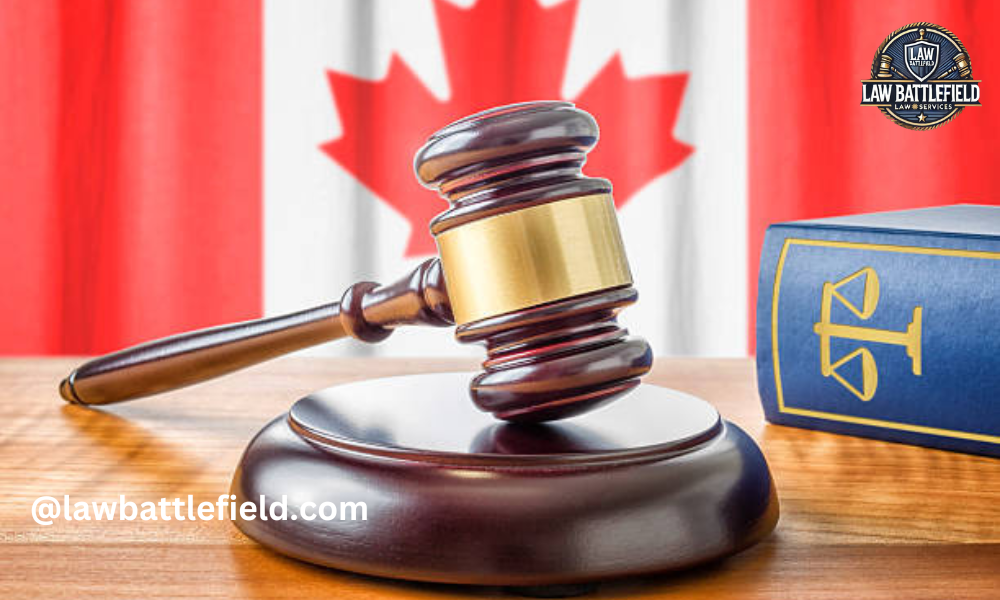A criminal record can have long-lasting effects, impacting employment, travel, and personal reputation. In Canada, individuals with a criminal record may seek a pardon, formally known as a record suspension, to mitigate these consequences. Below, the experts at Costa Law Firm outline the process of obtaining a pardon and highlights the benefits of seeking guidance from a criminal lawyer.
What Is A Record Suspension?
A record suspension does not erase a criminal record but removes it from the Canadian Police Information Centre (CPIC) database. This means most employers, landlords, and other agencies cannot access the record, allowing individuals to move forward without the stigma of their past conviction.
The Parole Board of Canada (PBC) is the sole authority responsible for granting record suspensions. However, certain offenses, such as sexual offenses against minors or serious violent crimes, may be ineligible.
Eligibility Requirements For A Pardon
To apply for a pardon, you must meet specific eligibility criteria:
- Completion of Sentences: All sentences, including fines, probation, and imprisonment, must be fully completed.
- Waiting Periods: You must wait a prescribed period after completing your sentence:
- 5 Years: For summary convictions.
- 10 Years: For indictable convictions.
- Good Conduct: Applicants must demonstrate good behavior and a clean record during the waiting period.
Failure to meet these criteria will result in the application being denied.
Steps To Apply For A Pardon
Applying for a pardon is a multi-step process:
1. Obtain Your Criminal Record
The first step involves requesting your criminal record from the Royal Canadian Mounted Police (RCMP) through fingerprinting.
2. Gather Court And Police Records
Next, gather documents related to your conviction, including court records and police reports. These confirm the details of your sentence and that it has been fulfilled.
3. Fill Out The Application Form
Complete the official record suspension application form provided by the Parole Board of Canada. Be thorough and ensure all sections are accurate.
4. Submit The Application With Payment
Submit your completed application, along with the required application fee (currently $50). Be sure to double-check for errors, as incomplete or incorrect applications will be returned.
5. Wait For A Decision
Once submitted, the Parole Board reviews the application. The processing time depends on the complexity of your case and whether additional information is required.
The Role Of A Criminal Lawyer
While it is possible to apply for a pardon on your own, the process can be complex and daunting. A criminal lawyer can provide valuable assistance by:
- Assessing Eligibility: A lawyer can review your case to determine if you meet the requirements.
- Organizing Documentation: They ensure all necessary documents are accurate and complete.
- Streamlining the Process: Legal professionals can help avoid delays caused by errors or missing information.
- Advocacy: If complications arise, a lawyer can represent you and address any challenges effectively.
Hiring a criminal lawyer not only increases your chances of success but also minimizes stress during this important process.
Conclusion
A criminal record should not define a person for life. In Canada, obtaining a pardon offers a second chance by removing barriers to employment, housing, and travel. While the process can be complex, seeking legal help from a criminal lawyer ensures your application is completed correctly, giving you the best chance at moving forward with a clean slate.
Was this article helpful? Check out more on Lawbattlefield.com
The Role Of Evidence In Criminal Defense: Building A Strong Case





